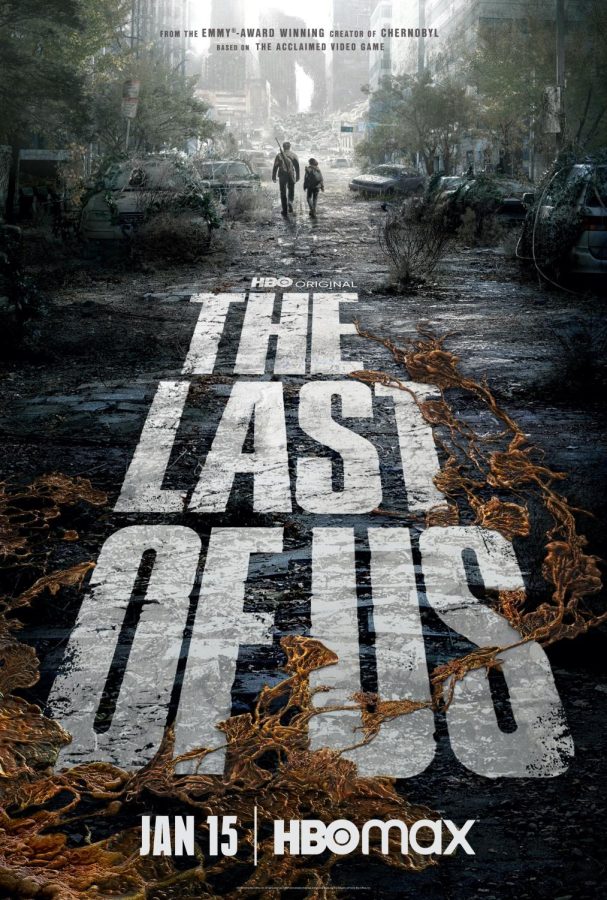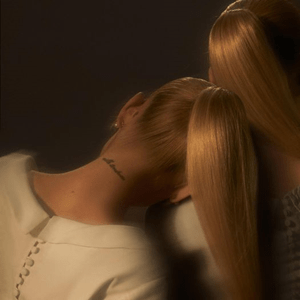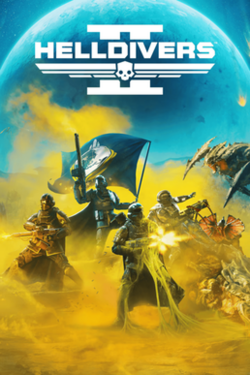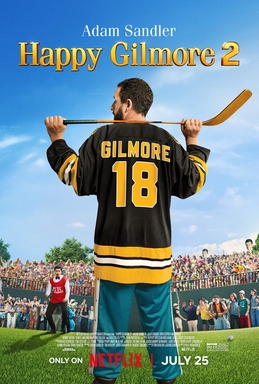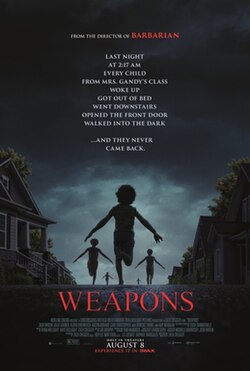The Adaptation We’ve Been Waiting for
The Last of Us premiered on January 15 and will release a new episode every Sunday at 9 PM EST, until all nine episodes are released.
While movie or television adaptations of video games don’t have a great track record, the pilot episode of “The Last of Us” gives hope that this will be the show to change that. The show premiered, after much anticipation, on Jan.15. As previously mentioned, moving video games to the big screen isn’t always the smoothest transition; this is specifically seen with widely considered failures in “Halo,” “Mortal Kombat,” “Doom,” “Warcraft,” “Hitman 47,” and “Assassin’s Creed”. What “The Last of Us” seems to do differently compared to other adaptations, appears simple but is much easier said than done: it stays close to the source material and takes time to build the world and atmosphere of the original game.
The first episode follows the introduction of the video game, almost to a tee. It establishes the relationship between the two main characters, Joel and Ellie, and the journey they must take together. It also includes Joel’s backstory and what has led him to become the person he is, in this post-apocalyptic world. The episode also establishes the game’s central theme of survival in a world overrun by a deadly fungus that has turned most of humanity into violent zombies.
Many adaptations go wrong when movies attempt to make a shortened version of their source material, which usually cuts out key details or components that made the original game so loveable. The alternative to this is maintaining key characters or components from the original game but changing the plot altogether in order to create something original. The biggest faults of these options are removing beloved characteristics from the video game or assuming the audience has already played the game and is familiar with it.
“The Last of Us” does neither; the show takes its time to introduce the world and atmosphere from the game in order for it to be more authentic. Once the world is established, the show then describes its characters through their actions, goals, and interactions with each other, instead of taking the easy approach of plainly having them described through simple narration. Once the characters are established and an understanding of their place in this newfound world begins to be felt, they are then given a sense of direction on what needs to be done and how they’ll have to do it together. While only a few episodes have been released so far, there are many reasons to be optimistic about the future of the show.
Thanks for reading The Falconer. We're happy to provide you with award-winning student journalism since 1963, free from bias, conflicts of interest, and paywalls. We're able to continue with the generous support of our local community. If you're able, please consider making a donation. Any amount is incredibly helpful and allows us to pursue new and exciting opportunities.
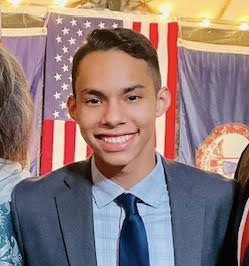
Hi! My name is Angel Alvarado and I am a senior at FHS. This is my first year taking journalism. I used to wrestle and play soccer. I like to read, listen...

